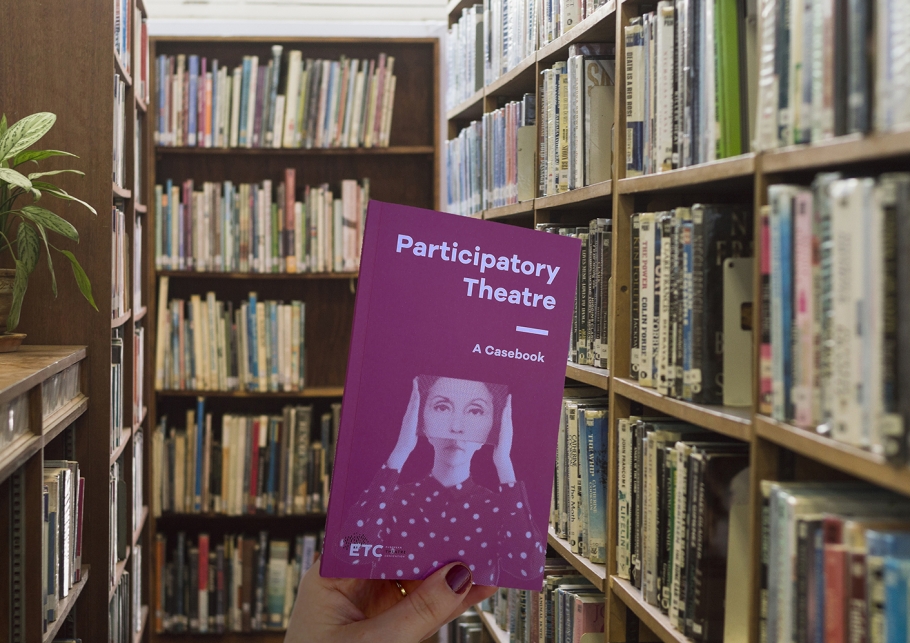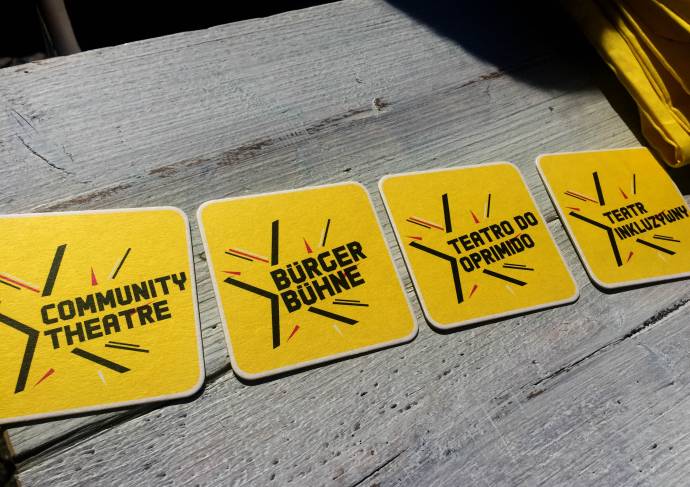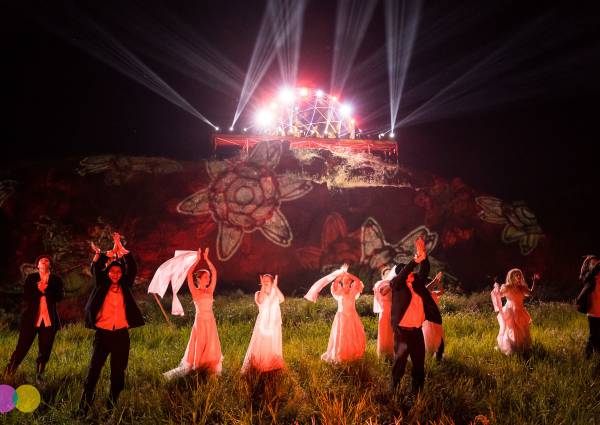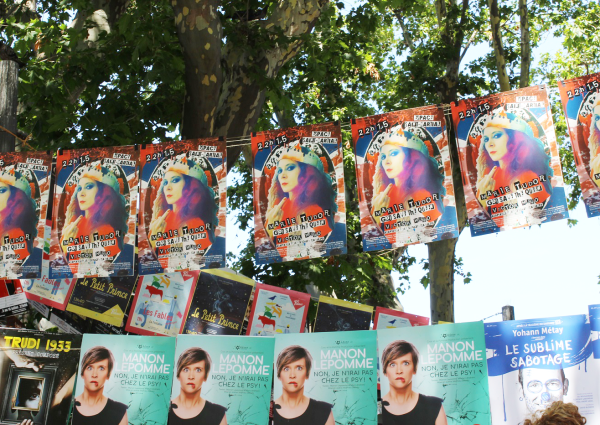Participation is a vital cornerstone of citizenship and democracy. However, political participation is on the decline in most Western democracies. As a result, new forms of dialogue are being explored in many countries, to encourage citizens’ participation. Participatory theatre has the capacity to be one alternative site of political participation, giving a voice to the voiceless.
Theatre has always been an art and place of public relevance, of identification. Artist Anestis Azas describes applying Rimini Protokoll’s “100 per cent” performance model to the ancient Greek drama Prometheus Bound by Aeschylus. It is no coincidence that classical Greek theatre, the cradle of European theatre heritage, is still a reference for democratic civil participation in contemporary theatre making.
With the Our Stage programme, ETC focuses on participatory theatre to reach out to, involve and empower existing and new audiences. Our interest lies in the possibilities and challenges of the so-called community or participatory theatre to be created in professional theatre companies. We are interested in initiating the explorative and creative process to enable citizens to take the stage. We are determined to offer public space to participate and to create discourse as an important cornerstone in an open society.
The goal of Our Stage is to promote this theatrical form in European theatres. Since 2018, new works have been created in Hungary, Italy, the Netherlands and Austria, with Schauspielhaus Graz having created a new participatory theatre strand under its roof. Our Stage - 4th European Bürgerbühne Festival at Staatsschauspiel Dresden, Germany, presented outstanding participatory theatre performances from across the continent in May 2019. On this occasion, the ETC International Theatre Conference investigated practical and theoretical aspects of curating and creating this local theatrical form with an international perspective.
Research, reflection and current artistic trends are compiled in this casebook, highlighting a selection of participatory theatre in Europe. It considers effects for theatres working with life-experts, as Rimini Protokoll refers to the involvement of citizens. But above all, it is intended to be an inspiration to further share and initiate new theatre works which engage with audiences through critical theatre making. With much thanks to Creative Europe, the programme for Culture of the European Union, for supporting Our Stage and the diversity of theatrical expressions and empowerment of today’s audiences for an open society.
Read all published articles of Participatory Theatre – A Casebook here

Heidi Wiley
ETC Executive Director
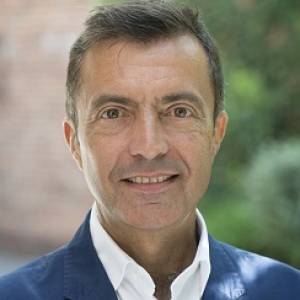
Serge Rangoni
ETC President
Top photo: ©ETC/Freepik


